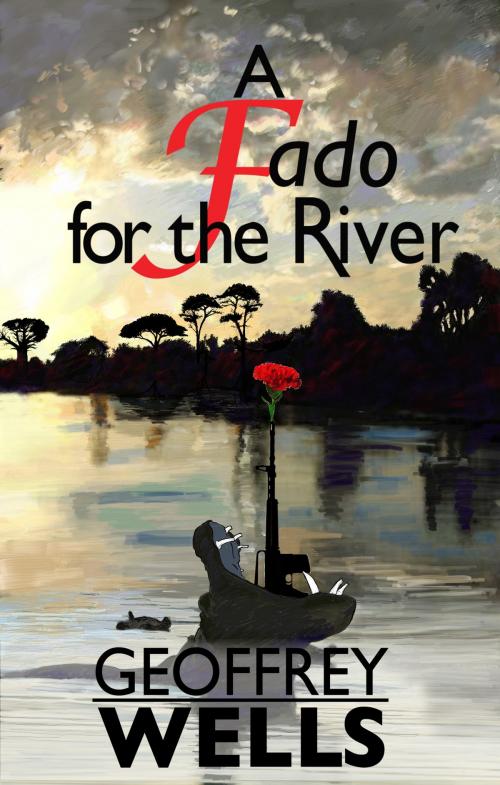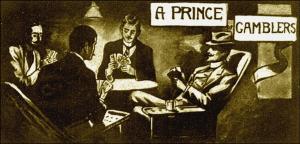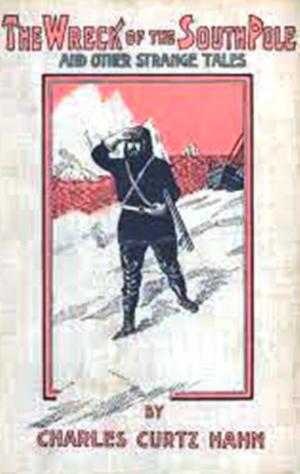| Author: | Geoffrey Wells | ISBN: | 9781452433875 |
| Publisher: | Geoffrey Wells | Publication: | May 8, 2011 |
| Imprint: | Smashwords Edition | Language: | English |
| Author: | Geoffrey Wells |
| ISBN: | 9781452433875 |
| Publisher: | Geoffrey Wells |
| Publication: | May 8, 2011 |
| Imprint: | Smashwords Edition |
| Language: | English |
At a film festival in Lisbon, an American television executive is blackmailed. Facing ruin, he decides to disprove the accusation that he murdered a woman when he was a student. As the Carnation Revolution started in 1974, they had fled the Portuguese colony of Mozambique, but to survive they separated and lost track of each other. Now, fighting for his survival, he traces her heroic past and as he does, he discovers his own freedom. He is certain she is alive, and did not die in the explosion that he thought had so effectively faked her death; and he is certain that he has never stopped loving her.
A FADO FOR THE RIVER is a thriller of political intrigue that hinges on three accounts of a sightseeing tour on the Limpopo River that occurred on the day that the revolution began.
The theme of destiny, recognized and rebuked, provides a nostalgic refrain in this novel, as the fado does in the Portuguese songbook. I have used the voice of the fado in setting the tone of this novel, writing in the first person, staying with the present tense in the 1974 sequences in order to place the narrative on the same plane of awareness as the protagonist of this story. My fado for the river therefore floats in the way a dream might slip in and skim along, fragmenting the here and now, eventually forming a continuum. This fado I have written is for an ancient river, the Limpopo, blind to the Africans, Europeans, Christian slave traders, Communists, Muslims, criminals, freedom fighters and/or terrorists, who have crossed its fated banks. Ultimately the river holds the premise of this tale; leading into the Indian Ocean it is liberated from the confines of its banks, reconciled.
At a film festival in Lisbon, an American television executive is blackmailed. Facing ruin, he decides to disprove the accusation that he murdered a woman when he was a student. As the Carnation Revolution started in 1974, they had fled the Portuguese colony of Mozambique, but to survive they separated and lost track of each other. Now, fighting for his survival, he traces her heroic past and as he does, he discovers his own freedom. He is certain she is alive, and did not die in the explosion that he thought had so effectively faked her death; and he is certain that he has never stopped loving her.
A FADO FOR THE RIVER is a thriller of political intrigue that hinges on three accounts of a sightseeing tour on the Limpopo River that occurred on the day that the revolution began.
The theme of destiny, recognized and rebuked, provides a nostalgic refrain in this novel, as the fado does in the Portuguese songbook. I have used the voice of the fado in setting the tone of this novel, writing in the first person, staying with the present tense in the 1974 sequences in order to place the narrative on the same plane of awareness as the protagonist of this story. My fado for the river therefore floats in the way a dream might slip in and skim along, fragmenting the here and now, eventually forming a continuum. This fado I have written is for an ancient river, the Limpopo, blind to the Africans, Europeans, Christian slave traders, Communists, Muslims, criminals, freedom fighters and/or terrorists, who have crossed its fated banks. Ultimately the river holds the premise of this tale; leading into the Indian Ocean it is liberated from the confines of its banks, reconciled.















